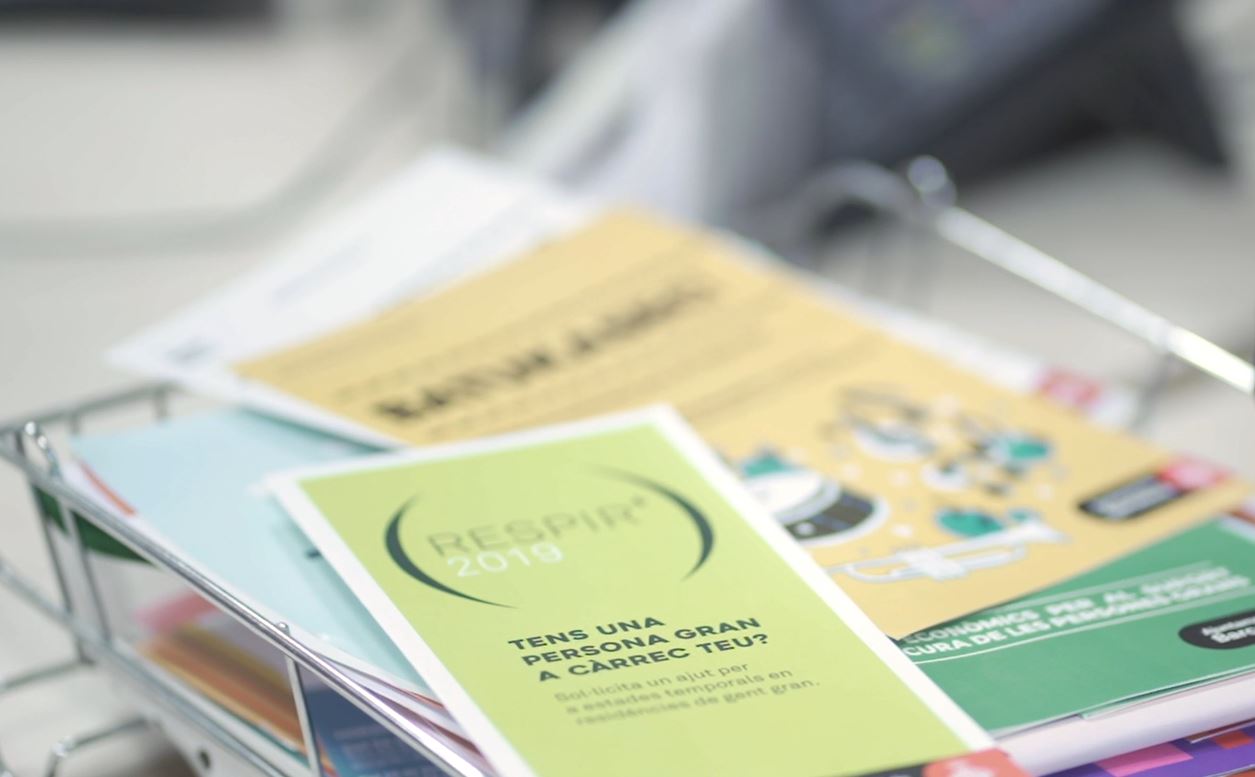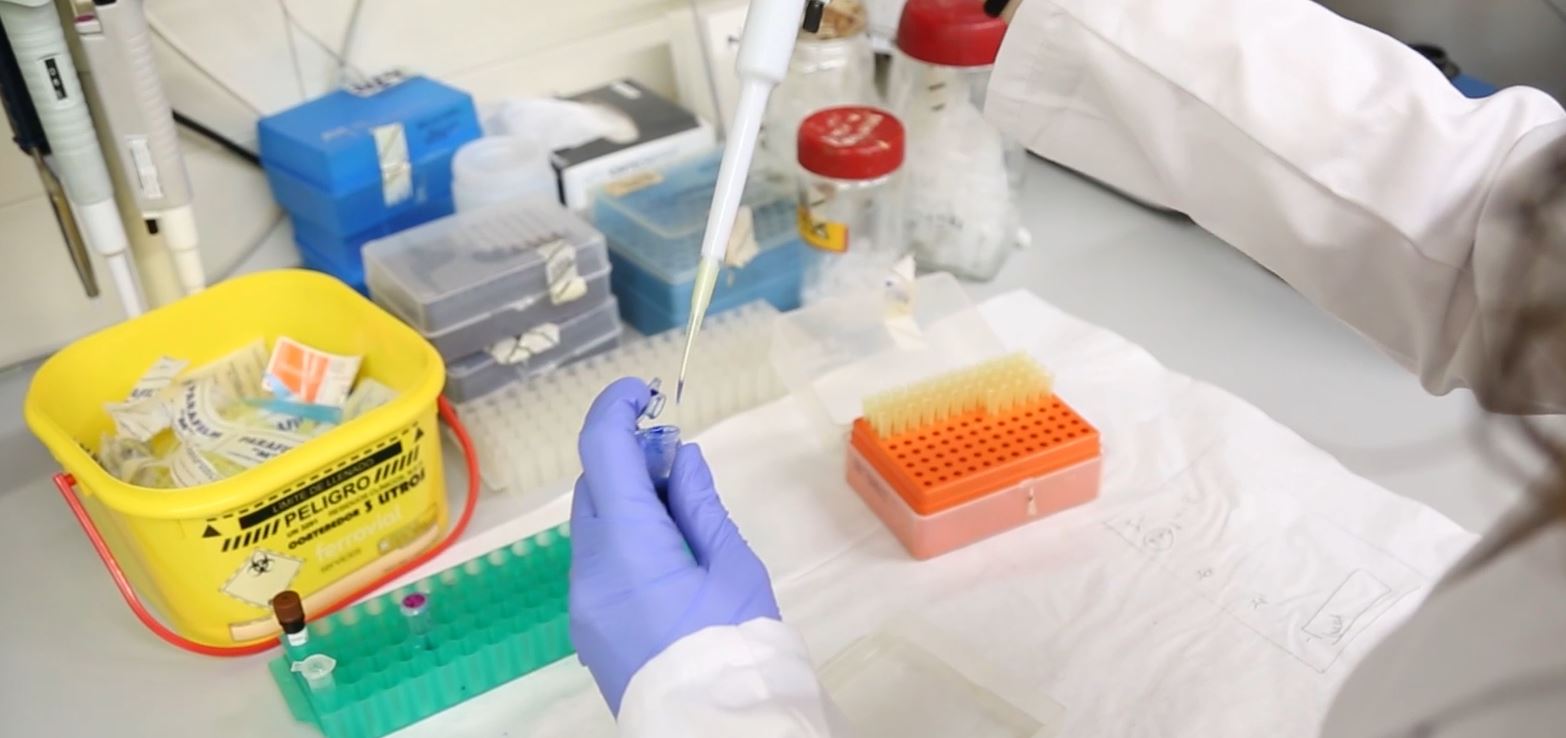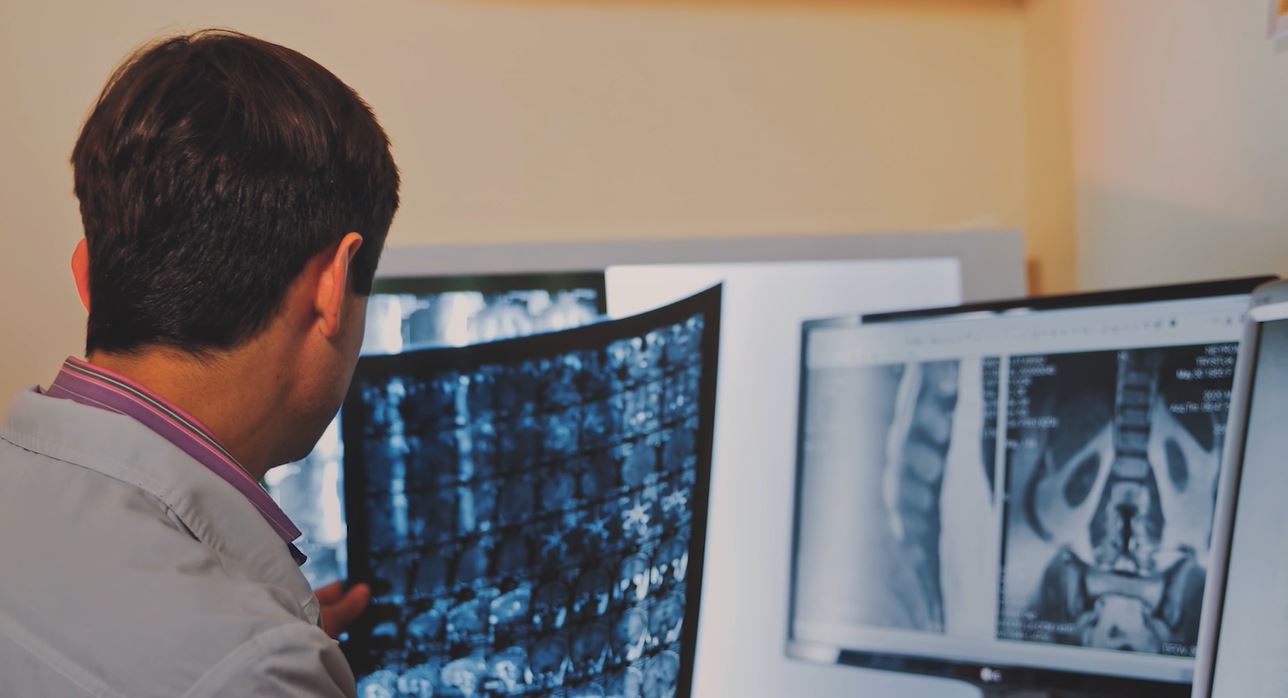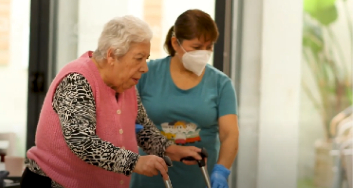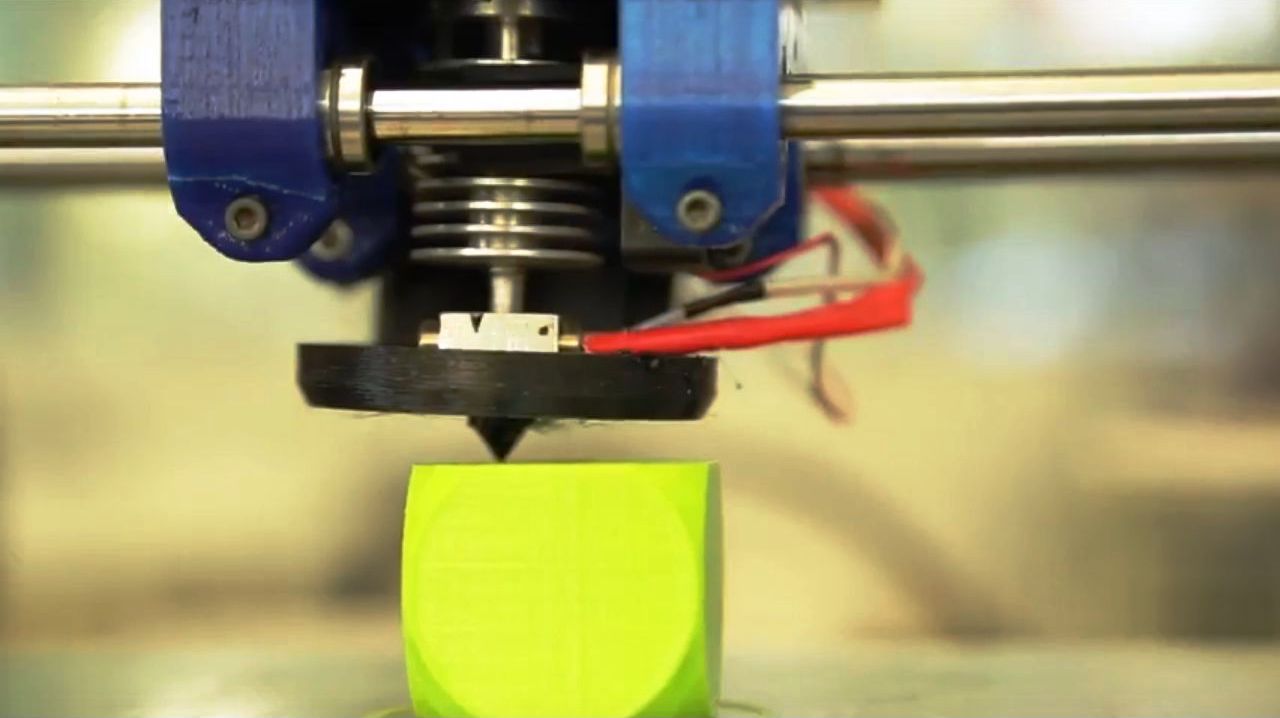
Emergency care community nurse
![]() Send
Send
Regulations
In compliance with Organic Law 15/1999, of 13 December, under the Personal Data Protection Act, we inform you that data collected will form part of an automated file, under the ownership of BARCELONA ACTIVE SPM S.A., with registered office at 162-164 Calle Llacuna, Barcelona, with the aim of managing enrollments and of informing of the company's activities and services within its field of action. You will be able to exercise access rights, rectification, cancel cancellation and/or opposition via written communication to the Legal Services of BARCELONA ACTIVE SPM S.A. at the aforementioned address.
Other denominations
Emergency care nurse in primary and pre-hospital care
Description
Emergency care community nurses work outside the hospital realm. They make an initial assessment of the patient's condition, identifying situations that require emergency care, and they provide required initial care, with the support of relevant protocols, stabilising a patient's condition before the patient is transferred to the hospital of destination. In accident situations with multiple victims, and very especially during catastrophes, one of their main goals must be to conduct the immediate triage and perform the first essential actions in order to ensure the viability of critical patients and maintain the operation of the care chain to establish and evacuate all affected persons. The work performed by emergency care community nurses is critical for optimally managing available resources: material, human and time resources. Saving a life or an organ and ensuring a correct quality of life later on will largely depend on a timely and effective intervention.
Emergency care community nurses may work in a primary area (home, outpatient, public thoroughfare) or in a secondary area (transfer of a critical patient from a hosptital that cannot perform the best and most complete treatment with suitable resources to a hosptial with intensive care or specialties needed to care for this type of illness). In accident situations with multiple victims, and very especially during catastrophes, one of their main goals must be to conduct the immediate triage and perform the first essential actions in order to ensure the viability of critical patients and maintain the operation of the care chain to establish and evacuate all affected persons.
The work performed by emergency care community nurses is critical for optimally managing available resources: material, human and time resources. Saving a life or an organ and ensuring a correct quality of life later on will largely depend on a timely and effective intervention. Emergency care community nurses may work in a primary area (home, outpatient, public thoroughfare) or in a secondary area (transfer of a critical patient from a hosptital that cannot perform the best and most complete treatment with suitable resources to a hosptial with intensive care or specialties needed to care for this type of illness).
They work as members in a team with different structures and/or components (doctors, medical transport technicians, other medical technicians and, in some situations, with psychologists and veterinarians). The structure of the team is based on the kind of emergency system: Advanced Life Support (ALS) Units, Intermediate Life Support (ILS) Units and Basic Life Support (BLS) Units, Medical Helicopter, Rapid Intervention Vehicles, Continuous Home Care Units, Fire-fighter Emergency Systems and Health Disaster Support Units.
Tasks
- Identify and evaluate altered patient functions (cardiovascular, respiratory, traumatic, obstetrical-gynaecological, psychiatric, neurological, digestive, among others), whether actually or potentially life-threatening. Attempt to guarantee a healthy and safe environment, taking into account the situation of the patient and available resources.
- Manage and distribute resources (equipment, time, etc.), apply the appropriate techniques and establish modes of action and work methods required to prevent improvisation, stress and anxiety in emergency situations in which the right and timely performance of nursing care is fundamental.
Participate in decisions and prioritisation criteria in diagnostic and therapeutic interventions and during evacuations.
Actively participate in developing protocols and procedures. - Apply diagnostic techniques and therapeutic measures suitable for each situation based on professional criteria and relevant protocols.
In the event of accidents with multiple victims and in catastrophe situations, take decisions and act to implement necessary measures.
Know and use monitoring and instrumentation systems, as well as general and specific principles for treatments in emergencies.
Know the use and characteristics of drugs commonly used in emergencies (sedatives, painkillers, vasoactive substances, etc.) and their clinical applications. Manage medicines and provide treatments derived from their application.
If necessary, must be able to apply basic and advanced life support techniques, whether respiratory or cardiovascular, in medical or traumatic pathologies and other complications such as sores, musculo-skeletal problems, etc. - Give support to relatives, providing information, company and education suited to the situation of the patient and his or her surroundings.
- Identify bioethical problems and apply the critical logic and judgement required for their analysis and resolution.
- Carry out research projects and work in his/her skills area.










 Facebook
Facebook Twitter
Twitter Google+
Google+ Delicious
Delicious My Space
My Space Menéame
Menéame | Catalan | Beginner
| Catalan | Beginner | Catalan | Advanced
| Catalan | Advanced
 Open
Open | English | Beginner
| English | Beginner